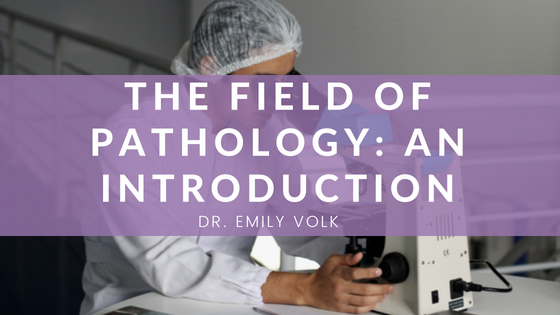As future doctors make their way through schooling, they are expected to find their speciality or niche. While many focus their passion on specific parts of the body, there are others who take on wide-ranging fields. One of those umbrella fields includes pathology. Many individuals assume that a pathologist’s work, is exclusive to deceased bodies. Although some in the field do perform autopsies, the field of pathology expands much further than post mortems.
In its purest form, pathology is the study of disease, however, many forget that it is actually a medical specialty in its own right. Specialists in this field cover a diverse range of responsibilities. These include; diagnostic testing, treatment advice, prevention of disease, and the use of cutting edge technology. In retrospect, most pathologists play some sort of role in a vast majority of the various medical branches.
For anyone who has ever received medical testing of some sort, a pathologist was likely involved with the analysis and quality assurance of results. Whether it is a blood test, pap smear, or biopsy, a pathologist is called upon to decipher the root of the disease.
Although pathology is its own speciality, not all pathologists complete the same work. There are close to 20 sub-specialties that those in pathology are able to train within. Some of the more common areas that pathologists specialize in include:
- Surgical pathology—the speciality dedicated to the diagnosis of disease based on tissues samples taken during surgery.
- Chemical pathology – the specialty dedicated to the use of biochemical methodologies to diagnose disease.
- Hematopathology—the diagnosis of disease of blood cells and bone marrow to include leukemia, hemophilia and lymphoma.
- Medical microbiology – the diagnosis of infectious diseases.
Pathologists are physicians who work with other doctors in the diagnosis and treatment of patients. Often referred to as “the doctor’s doctor”, Pathologists, although often overlooked by patients are a central part of the medical team.
Look forward to future blog’s on what the empowered patient can learn from talking to their pathologist.
